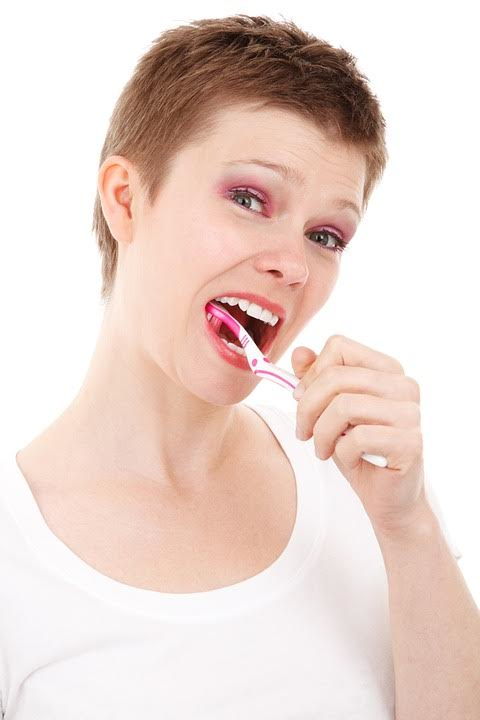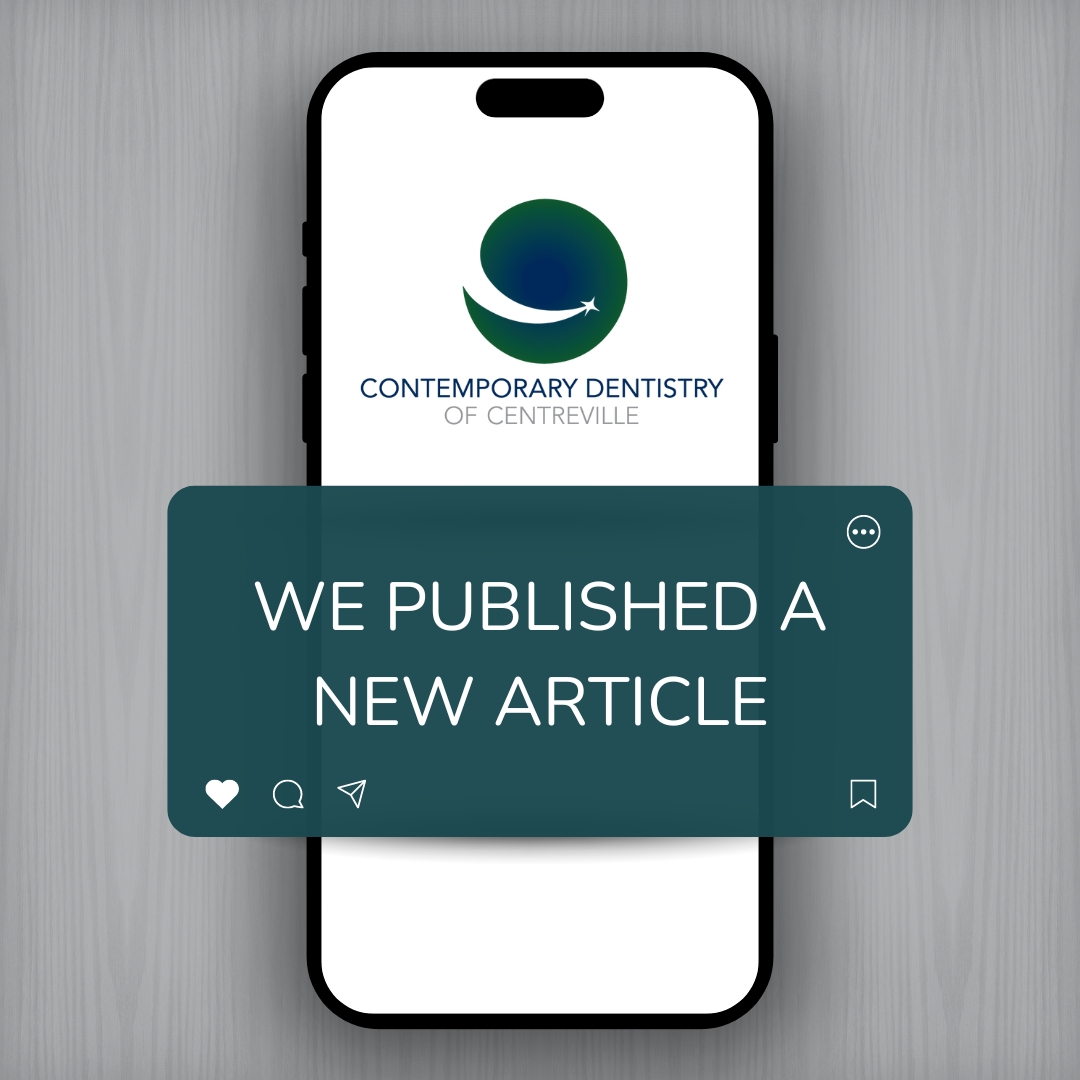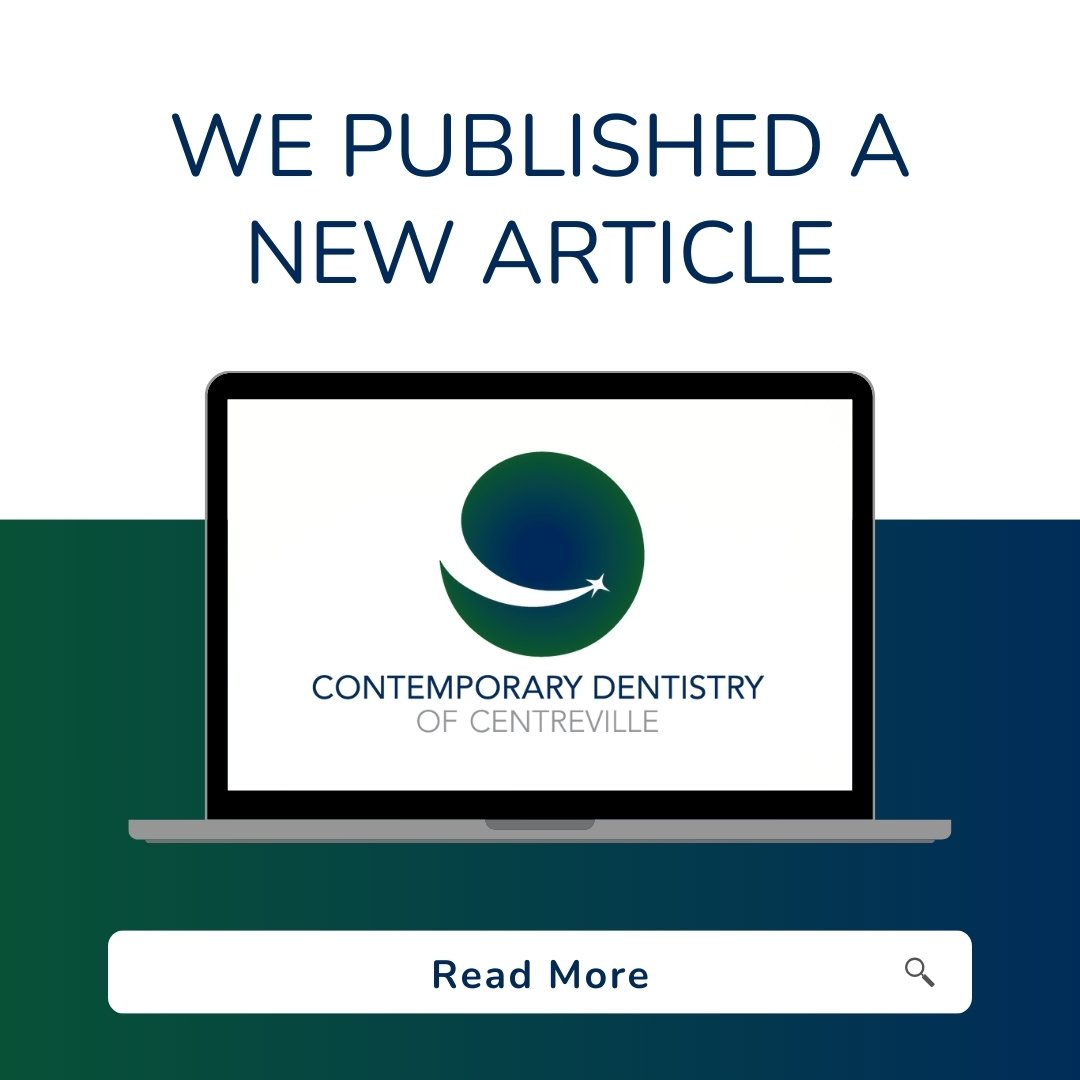
Occasionally you might find yourself in a situation where you won’t be able to brush your teeth, perhaps through a lack of time or your location. Though it is vital to brush twice each day, here are a few steps you can take if you find yourself in a bind.
Dentist in Centreville, VA 20120
Drink Water
When you are in a spot where you won’t be able to brush your teeth for a while, water can be your friend. Drink water to help wash away sugars and acids that are in your mouth and on your teeth. Much of the public water supply is also fluorinated, meaning it contains fluoride. Fluoride helps to build strong teeth. Water also helps your mouth produce more saliva, which works to keep enamel strong. Our doctor suggests drinking water regularly, not just when you can’t brush your teeth.
Chew Sugar-Free Gum
Try chewing some gum to help keep your teeth clean. The American Dental Association (ADA) approves certain chewing gum brands with their seal on the package. ADA approved gums are sugar-free and do not contain other decay causing sweeteners. Like drinking water, chewing gum is good for saliva production, which helps to strengthen tooth enamel.
Floss Your Teeth
We suggest always carrying dental floss; it’s usually small enough to fit almost anywhere. Flossing is not a replacement for brushing, just as brushing does not replace the need for flossing, however in a pinch it is essential that you remove any plaque and build up that you can. The ADA suggests flossing once a day. Flossing will help improve your gum health too.
Use a Disposable Toothbrush
If you know you might be out of the house for a while, perhaps because of a long day at work or an overnight stay, we recommend you consider a disposable toothbrush. Disposable brushes usually come with toothpaste already applied and are easy to store and carry. They are an excellent alternative that allow you to still thoroughly clean your teeth.
Avoid Sugary Foods
A helpful step you can take if you find yourself in a situation where brushing isn’t possible is to avoid eating or drinking sugary or acidic things. Acids and sugars are what contribute to decay, as they weaken your teeth’s enamel. If you cannot brush your teeth, then don’t eat foods that lead to decay. Avoid sugary soft drinks, juices, sports drinks, and energy drinks as these drinks will leave behind sugars and acids that sit on your teeth.
Keep a Routine
Your oral health depends on your ability to brush your teeth twice-daily. Sometimes however, you might find yourself in a situation where that’s not an option. We suggest following these steps to minimize the damage to your teeth.
For more helpful tips on keeping your smile healthy, contact our dentist in 20120 office.













